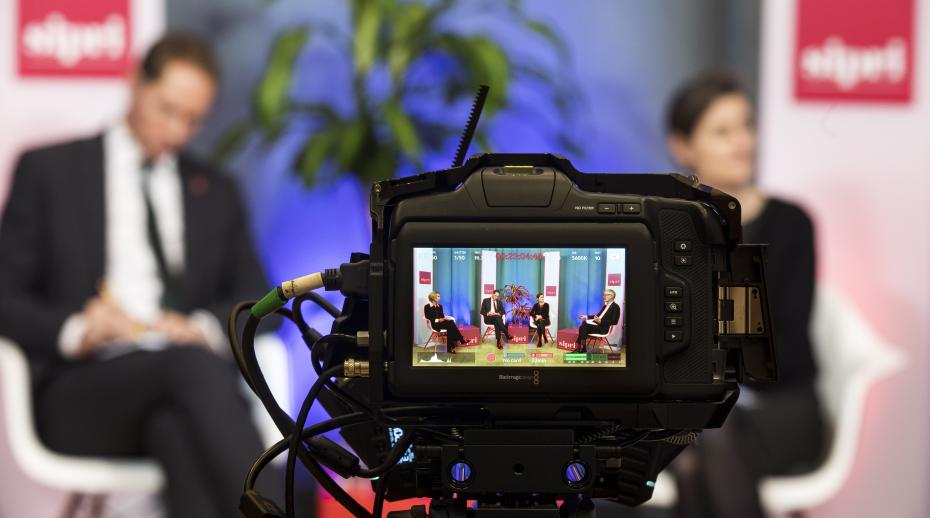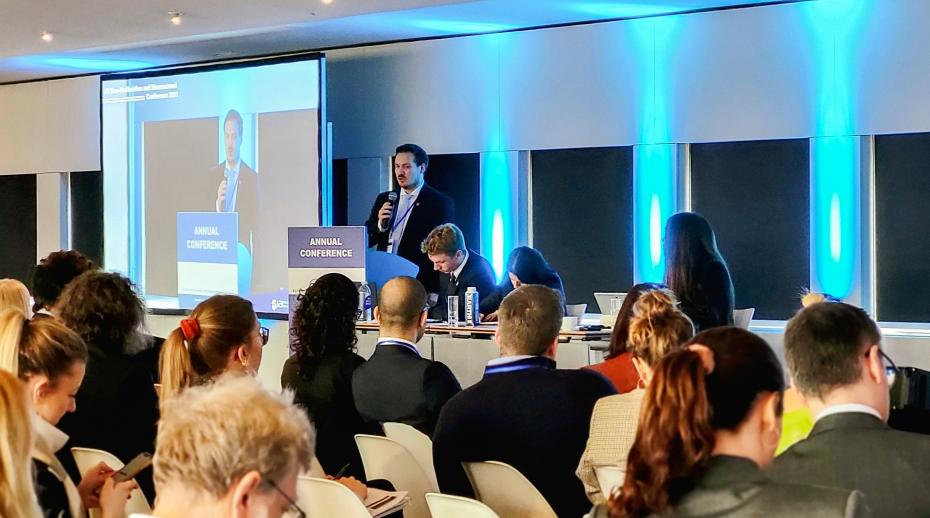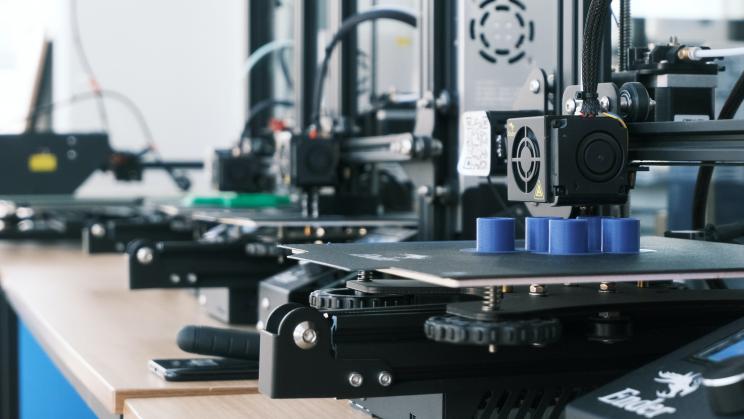SIPRI contributes to Science Peace Security Conference on the impact of new technologies

On 8–10 September, SIPRI actively participated in the 2021 Science Peace Security Conference. The interdisciplinary conference focused on pressing challenges at the intersection of science, peace and security, and was held on the theme ‘The Impact of New Technologies: Destabilizing or Enabling Resilience?’.
SIPRI experts engaged in several sessions throughout the three days. Dr Sibylle Bauer, Director of Studies, Armament and Disarmament, was a member of the programme committee and moderated two panel discussions on the topics ‘Challenges for Arms Control Regimes: Complexities, Commonalities and Ways Forward’ and ‘Deconstructing Autonomous Weapon Systems: Drivers, Narratives, Perceptions’. Dr Bauer was also a discussant during the concluding panel on ‘New Technologies: Destabilizing or Enabling Resilience?’. Kolja Brockmann, Researcher, Dual-use and Arms Trade Control Programme, shared his expertise on confidence and transparency building in the face of new missile technologies and a new space industry. Luke Richards, Research Assistant, spoke on a panel entitled ‘Dual-use Technology and Responsible Innovation’, where he shared his expertise on responsible innovation for artificial intelligence.
The conference was hosted by the Physics Department of the University of Aachen and was funded by the German Foundation for Peace Research, the Volkswagen Foundation and the German Research Association for Science, Disarmament and International Security. Click here to read more about the conference.




